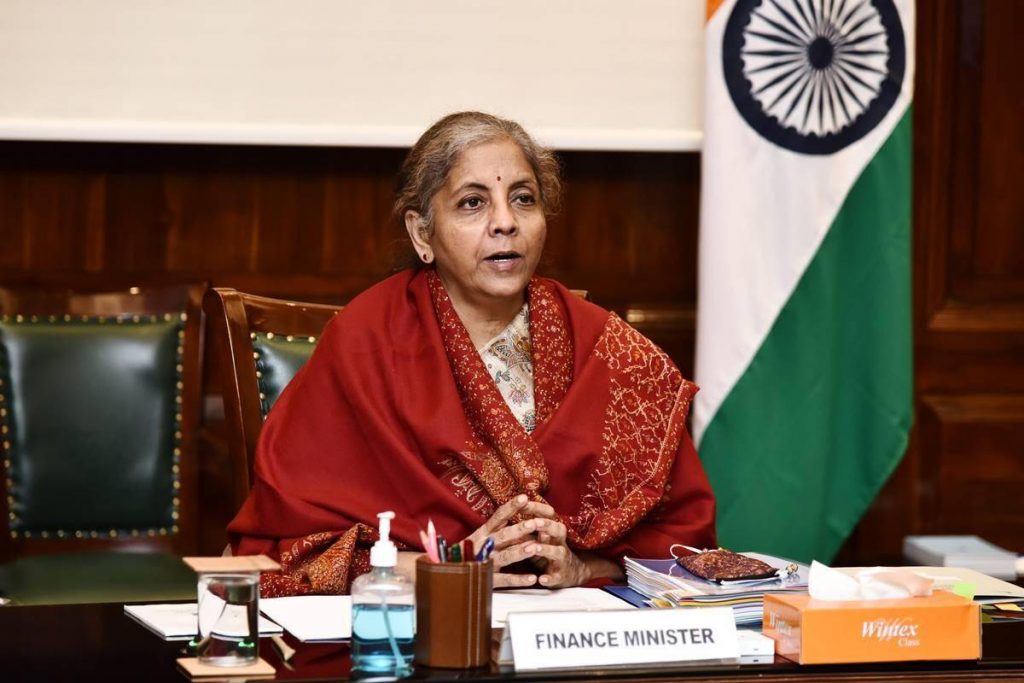Budget 2021: FM breaks taboos, puts economy on turbo charge
This is a courageous, taboo-breaking budget, but will need political stamina and tough implementation to succeed. At a time when farmers have surrounded Delhi amidst much public support, accused Prime Minister Narendra Modi of selling out to big business, and made the government look helpless, most political analysts thought the government would go slow on further economic reforms. Many recalled the way Modi backed down on his radical land acquisition law in 2014 after facing stiff opposition.
Instead the budget has boldly doubled up on reform by decreeing the privatisation of two banks, one insurance company and several other public sector undertakings, inviting the wrath of powerful trade unions who will echo the farmers’ false accusation of a sell-out to big business. The budget’s radical reform stance is impressive in the face of such headwinds.
The taboo on fiscal deficits has been broken too with the government abandoning the old 3% fiscal target of the FRBM, opting for much higher deficits all the way to 2025. This risks higher inflation and interest rates in a dash for growth. This will succeed only if the additional deficits go into capex rather than revenue spending. The big jump in capex for next year is a good start, but needs to be kept up year after year. The new deficit targets also depend on actual privatisation of BPCL and other PSUs, not just promises that peter out, so sales needs to begin from the very start of the next financial year and continue every month. The budget replaces fudging with honesty by coming clean on hidden subsidies. This has raised the fiscal deficit for the year to a shocking 9.5% rather than the widely predicted 7%.

Forget the optics: this is a much-needed reform. The recapitalisation of banks is essential for a dash for growth, which requires a lending spurt. The proposal for a bad bank to take NPAs off the books of banks will provide immediate relief to the banks, but past experience with ARCs suggests that new laws and much faster procedures are required for resolution. Creating a new development lending bank is an admission that the RBI’s 5/25 scheme has failed to provide long-term finance. In most countries the bond market provides long-term finance. Whether a development finance bank can do the same in India is uncertain. Some say the old DFIs like ICICI and IDBI should not have been converted into banks, but the IFCI remained a non-bank and failed badly.
Increased health spending — the budget makes a good start — is a desirable longterm goal. The immediate goal has to be vaccinating 70% of the population as fast as possible. This means providing logistical support to get vaccines to every corner of India, and quick disbursal procedures. Success will depend on cutting red tape and ensuring speedy flows of funds and materials to every vaccination centre. This will depend as much or more on state governments than the Centre. Quick vaccination will will reduce fear of Covid, reviving hard-hit sectors like travel, entertainment and tourism. This ending of fear will stimulate the economy more than anything the budget’s proposals can do.
Date : Feb 02, 2021
Source : https://economictimes.indiatimes.com/news/economy/policy/budget-2021-fm-breaks-taboos-puts-economy-on-turbo-charge/articleshow/80639536.cms
